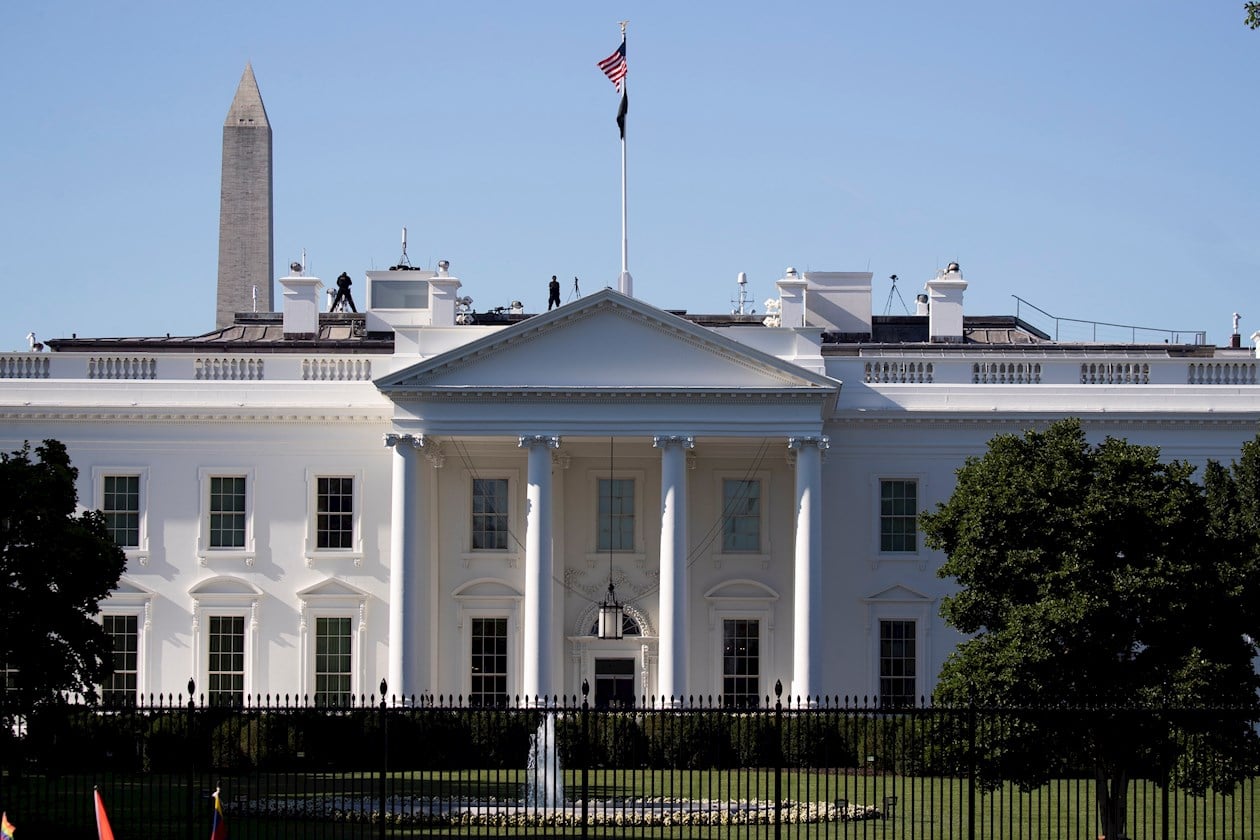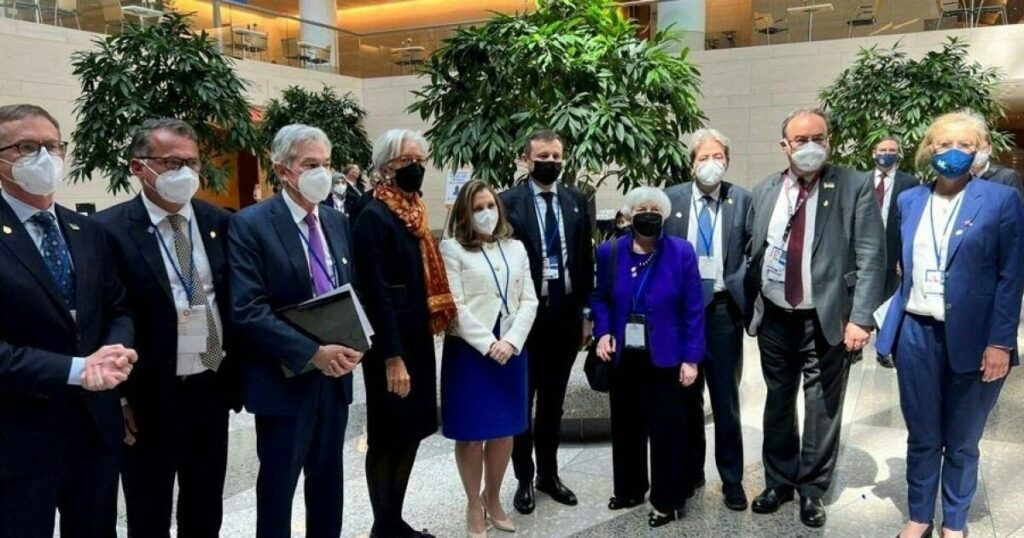The decision of the Joe Biden Administration to exclude Nicaragua from the reallocation of the sugar quota it is a political message, rather than a technical action taken by a bureaucrat in Washington, say three experts on relations between the United States and Central America, consulted by CONFIDENTIAL.
On April 15, the office of the United States Trade Representative (USTR) published the list of countries to which it had granted a part of the additional quota of 201,551 metric tons of sugar. All of Central America (even Belize and Panama) are there, but not Nicaragua.
“This is a simple and direct message: there will be consequences in the relations between both countries, due to the electoral farce of November 7, due to the political prisoners, whose number continues to grow, and who are tortured in the cells of El Chipote,” assured the minister. chief of staff to the director of the Woodrow Wilson Center, Eddy Acevedo.
“The private sector must think that, just as they took this reallocation away from the sugar producers, they can also take it away from other producers,” he added. A private businessman told CONFIDENTIALfrom the security of anonymity, that they understood the message, so there is concern about what could happen, if they affect the quotas of meat, peanuts, textiles, cigars, etc.
“What happens if they decide to impose a de facto boycott on us, and stop buying us rum or coffee?” said a union leader, who pointed out that this would further limit the development of private initiative, which already has many concerns about the high prices of electricity, fuel, agrochemicals…
“This is a message for the dictatorship, but also for the private sector, which for a long time collaborated with the regime, turning its back on the people… and they still have many decisions to make in this regard,” Acevedo warned.
In Nicaragua there are four sugar mills. All private. Two nationally owned; one of Colombian capital, and another Guatemalan. There are also 800 private producers, who deliver their cane to these mills. “The government does not plant, cultivate or process cane. Nor does it export sugar. All this is done by the private sector, so the Government will not even notice, and even if they lose income due to a hypothetical decrease in exports, it is enough for them to impose more objections on large companies, or increase the VAT of 15%. , to 17%”, said the union leader.
“I understand that they want to see entrepreneurs doing more, taking the initiative, but what else can the private sector do… how more can it get involved?” he added.
Although it is not possible to know the amount affected by the sugar sector -because the size of the quota is variable- it is possible to calculate that if the country had received the 5,000-ton quota assigned to it last fiscal year, At current prices, exports would have grown by 3.6 million dollars, of which 1.6 million correspond to the premium with which the United States ‘rewards’ the countries that provide this sweet quota.
Three American Concerns
Although the Nicaraguan political crisis encourages the Biden Administration to take action against the leadership of the Ortega regime, there are other elements that affect them much more, and are extremely decisive when making decisions: the increase in the number of Nicaraguan migrants arriving at its borders, as well as the existence of the satellite earth station that the Russian Federation operates in Managua.
“That is the closest ‘Russian base’ to the United States, so Washington is motivated by the existence of that base, by the actions of a tyranny that violates Human Rights, but also by the arrival of thousands of Nicaraguans at its own borders. ”, detailed Acevedo.
The expert considered what is happening in Nicaragua “very frustrating”, detailing that, for a long time, analysts within the State Department relied on the low number of Nicaraguans arriving at its borders, as a parameter to decide how to treat the regime, but that changed from the first quarter of 2021, when the number of migrants stopped being counted by hundreds, to be formed by thousands.
“The news about human rights abuses has an impact in Washington, but seeing so many Cubans, Venezuelans and Nicaraguans arriving at the borders tells them that they must do more against the regime. That is why, with my colleagues at the State Department and in Congress, we are pushing for increased sanctions against the regime,” he warned.
“Canada seems to have more sanctions against the Ortega government than the United States itself,” he asserted, assuring that the Biden Administration “has to be stronger, and send clearer signals, because otherwise, what is the message to other presidents in Central America, if Ortega can violate human rights without paying any kind of consequences?” he questioned.

















